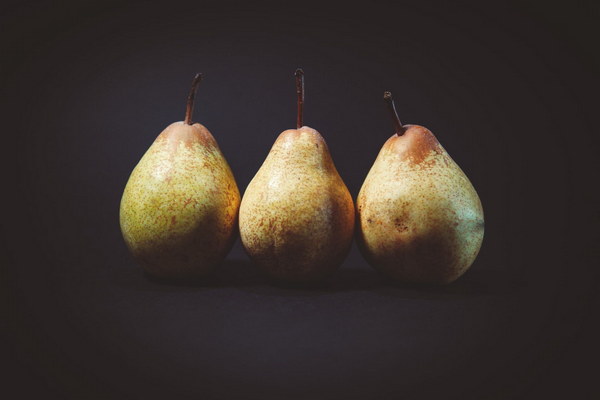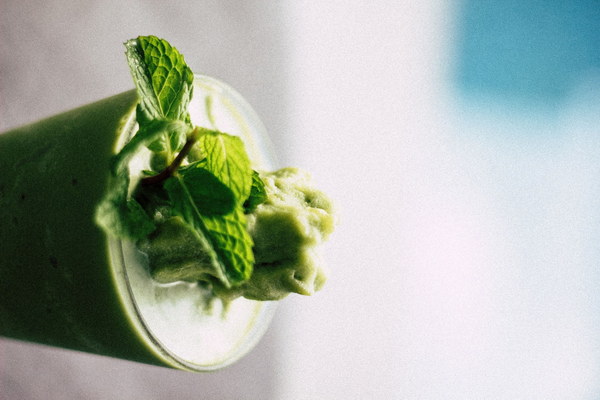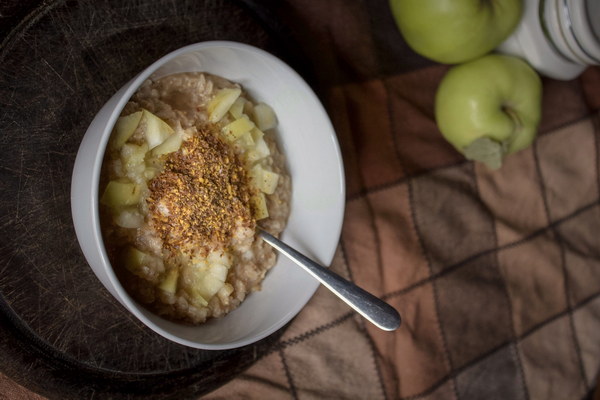Litchi The Natural Remedy for Dampness in Your Body
Introduction:
Dampness, also known as dampness in the body or damp-heat, is a common condition in traditional Chinese medicine. It is characterized by symptoms such as fatigue, bloating, and a heavy sensation in the body. While modern medicine doesn't recognize dampness as a specific condition, many people have found relief from its symptoms through natural remedies, including the consumption of litchi. In this article, we will explore the potential benefits of litchi in alleviating dampness and discuss whether it is an effective natural remedy for this condition.
1. Understanding Dampness:
In traditional Chinese medicine, dampness is believed to be caused by an imbalance in the body's Yin and Yang, leading to an excess of dampness in the body. This excess dampness can manifest as various symptoms, such as fatigue, weight gain, bloating, and poor digestion. While there is no scientific evidence to support the concept of dampness, many people have found that addressing dampness through diet and lifestyle can lead to an improvement in their overall health.
2. The Nutritional Value of Litchi:
Litchi, also known as lychee or lichee, is a sweet, tropical fruit that is rich in various nutrients. Some of the key nutrients found in litchi include:
a. Vitamin C: Litchi is an excellent source of vitamin C, which plays a vital role in boosting the immune system, improving skin health, and protecting against oxidative stress.
b. Vitamin A: This fruit is also a good source of vitamin A, which is important for maintaining healthy vision, skin, and immune function.
c. Fiber: Litchi contains a significant amount of dietary fiber, which helps in promoting digestion and preventing constipation.

d. Antioxidants: Litchi is rich in antioxidants, such as vitamin C and flavonoids, which protect the body against free radicals and may reduce the risk of chronic diseases.
3. Litchi and Dampness:
While there is no direct scientific evidence to suggest that litchi can eliminate dampness, some traditional Chinese medicine practitioners believe that this fruit can help alleviate symptoms associated with dampness. The following are some potential reasons why litchi may be beneficial for those with dampness:
a. Cooling Properties: Litchi is considered to have cooling properties in traditional Chinese medicine. This may help in reducing the internal heat that contributes to dampness.
b. Diuretic Effects: Litchi contains natural diuretic properties, which can help in eliminating excess water and reducing bloating, a common symptom of dampness.
c. Immune System Support: The high vitamin C content in litchi can help boost the immune system, which may aid in fighting off infections that can exacerbate dampness symptoms.
4. Incorporating Litchi into Your Diet:
If you are interested in incorporating litchi into your diet to potentially alleviate dampness symptoms, here are some suggestions:
a. Fresh Litchi: Enjoy fresh litchi as a healthy snack or add it to fruit salads, smoothies, or desserts.
b. Dried Litchi: Dried litchi can be used in traditional Chinese medicine recipes or as a sweet treat. However, it is important to consume it in moderation due to its high sugar content.
c. Litchi Tea: Some people prefer to drink litchi tea, which can be made by steeping dried litchi in hot water.
Conclusion:
While there is no scientific evidence to support the claim that litchi can eliminate dampness, many people have found that consuming this fruit can help alleviate symptoms associated with dampness. Incorporating litchi into your diet may be beneficial for overall health, especially if you are looking for natural remedies to support your immune system and promote digestion. However, it is always best to consult with a healthcare professional before making significant changes to your diet or treatment plan.









